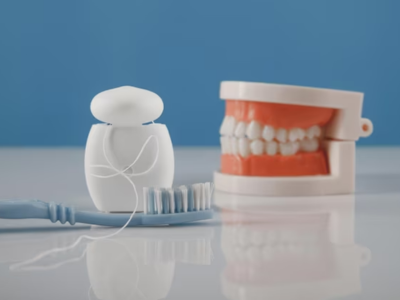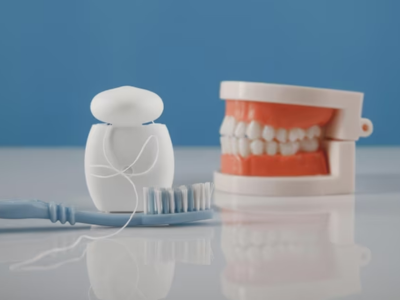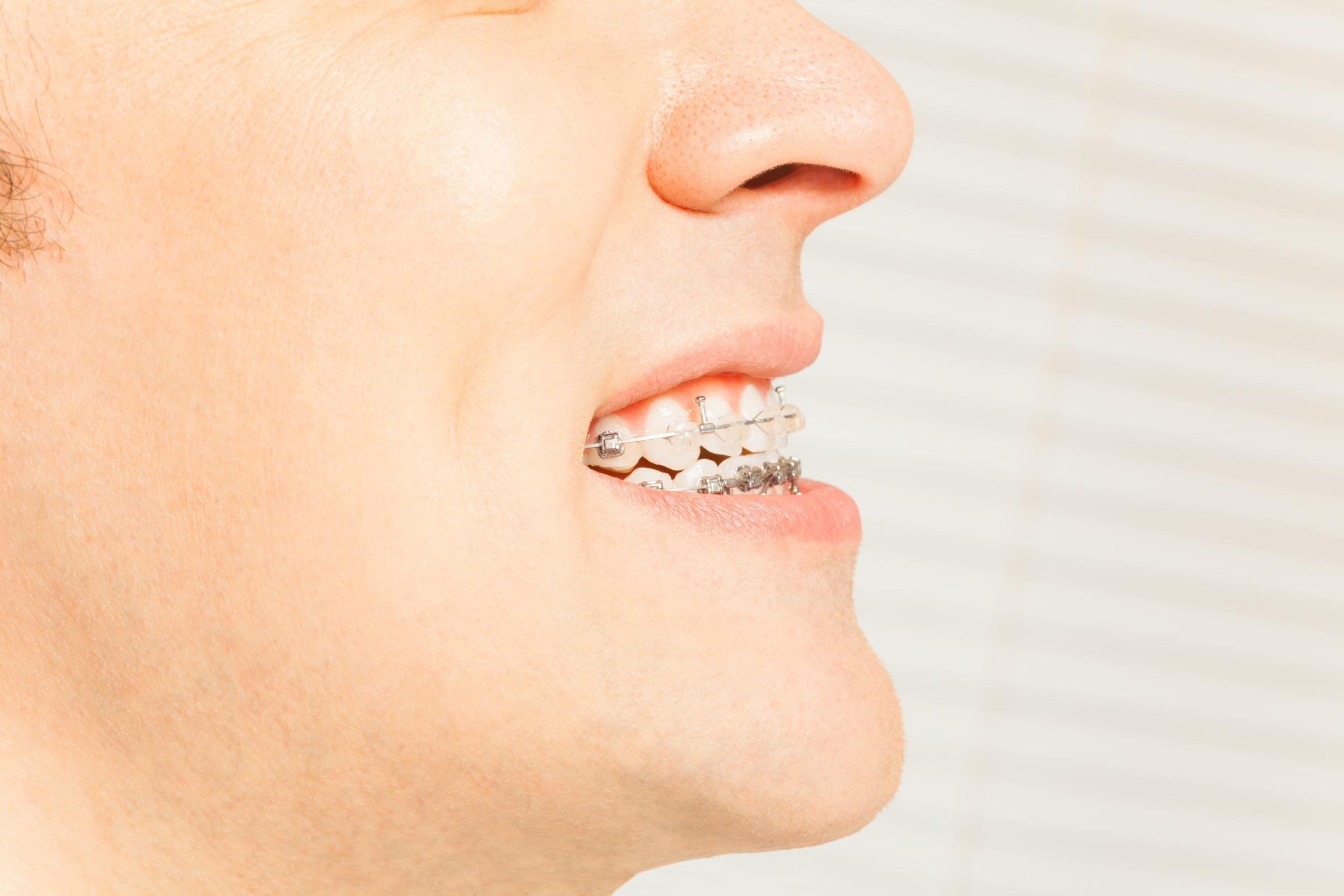A beautiful smile not only radiates confidence but also reflects good oral health. While brushing your teeth is a well-known practice for maintaining oral hygiene, flossing often takes a back seat in many oral care routines. However, the benefits of flossing are numerous, and its significance cannot be overstated. Here are five compelling reasons why you should make flossing a consistent part of your daily oral care regimen and why you should floss:
What is Flossing?
Flossing is a fundamental oral hygiene practice that involves using a thin, flexible string to clean between teeth and along the gum line. This technique aids in the removal of food particles, plaque, and bacteria from areas that a toothbrush can’t reach effectively. By gently sliding the floss between teeth, it dislodges debris and plaque, preventing the formation of tartar and reducing the risk of gum disease and cavities.
Flossing not only helps in maintaining oral health but also contributes to fresher breath and a more aesthetically pleasing smile by eliminating the sources of bad breath and promoting healthier gums. When done correctly and regularly, typically at least twice a day, flossing complements brushing and is an essential step in a comprehensive oral care routine. These reasons exemplify why you should floss as an integral part of your daily oral hygiene regimen.

5 REASONS WHY YOU SHOULD FLOSS AT LEAST TWICE A DAY
1. Gum Disease Prevention: Why You Should Floss
Flossing is a crucial step in preventing gum disease. It helps remove plaque and food particles trapped between teeth and along the gum line that a toothbrush can’t reach. By eliminating this buildup, you reduce the risk of gingivitis and more severe conditions like periodontitis, thereby maintaining healthy gums.
2. Cavity and Tooth Decay Prevention: Why You Should Floss
Flossing isn’t just about gum health—it also plays a significant role in preventing cavities. Why you should floss is because it removes food particles and plaque, reducing the chance of bacterial growth between teeth, thus decreasing the risk of tooth decay and cavities.
3. Improved Oral Hygiene: Why You Should Floss
Flossing, when combined with regular brushing, ensures a more thorough oral hygiene routine. Why you should floss is because it removes plaque, bacteria, and food debris from areas that a toothbrush can’t access. This comprehensive cleaning leads to a healthier mouth, fresher breath, and better overall oral aesthetics.
4. Tartar Build-Up Reduction: Why You Should Floss
Flossing disrupts the development of tartar, which is a hardened form of plaque that cannot be removed by brushing alone. Why you should floss is because, by consistently flossing, you can significantly decrease the formation of tartar, reducing the necessity for frequent professional cleanings.
5. Potential Overall Health Benefits: Why You Should Floss
Research suggests a connection between oral health and overall health. Regular flossing not only contributes to maintaining a healthy mouth but may also reduce the risk of systemic conditions like cardiovascular disease and diabetes. Why you should floss is because good oral hygiene, including consistent flossing, might positively impact your overall well-being.
Best Flossing tips you need to know
Consistency is Key: Floss at least once a day to remove plaque and food particles between teeth.
Proper Technique: Use about 18 inches of floss. Wind the ends around your fingers and gently slide the floss between each tooth in a C-shape, hugging the tooth’s surface.
Be Gentle, Not Forceful: Avoid snapping the floss into your gums, as it can cause injury. Gently glide the floss up and down along the sides of each tooth.
Use Clean Sections: Move to a new section of floss for each tooth to avoid transferring bacteria from one tooth to another.
Consider Floss Aids: If traditional floss is challenging, try floss picks, water flossers, or interdental brushes for easier access.
Incorporate it into Routine: Find a time that works for you, whether it’s before or after brushing, and make it a habit.
Pay Attention to Technique: Don’t rush through the process. Take your time to ensure you’re effectively cleaning between each tooth.
Consult Your Dentist: If you’re unsure about the proper technique or if flossing causes discomfort, ask your dentist or dental hygienist for guidance.

FAQ’S
1.Why should I floss when I already brush my teeth?
Flossing reaches areas between your teeth that a toothbrush can’t, removing plaque and debris. That’s why you should floss – to ensure a more thorough clean and prevent gum disease.
2. Is flossing really necessary if I don’t have any dental issues?
Yes, flossing is essential because it prevents plaque buildup, reducing the risk of gum disease and cavities.That’s why you should floss even when you don’t have visible issues.
3. How does flossing help with bad breath?
Flossing eliminates food particles and bacteria between teeth, addressing the root cause of bad breath. That’s why you should floss to keep your breath fresh and maintain oral hygiene.
4. Can flossing really impact my overall health?
Yes, it can. Gum disease has links to systemic health issues. That’s why you should floss – to reduce the risk of such conditions and maintain overall health.
5. Is flossing twice a day better than once a day?
Flossing twice a day ensures consistent plaque removal and gum health. That’s why you should floss at least twice a day for optimal oral hygiene
Flossing, often regarded as an inconvenient or optional step in oral hygiene, is, in fact, a crucial practice for maintaining overall oral health. By regularly flossing at least twice a day, you can prevent plaque build-up, reduce the risk of gum disease, fight bad breath, maintain overall health, and even save money in the long run. Incorporating flossing into your daily routine is a small yet impactful step towards a healthier and happier smile.
Understanding why you should floss is essential: it significantly reduces plaque, prevents gum disease, freshens your breath, contributes to your overall health, and can save you money on potential dental treatments. Remember, while brushing your teeth is essential, it’s equally important to remember the significance of flossing in achieving optimal oral health. By making flossing a habit, you’re not just taking care of your teeth and gums; you’re investing in your overall well-being.




